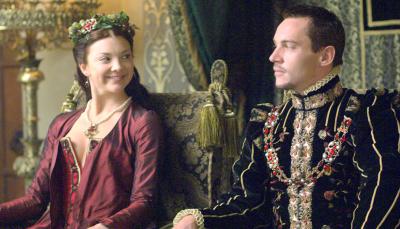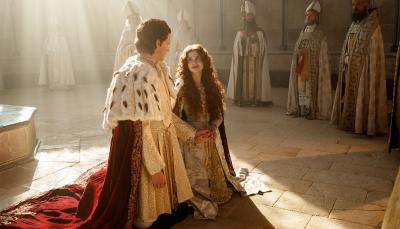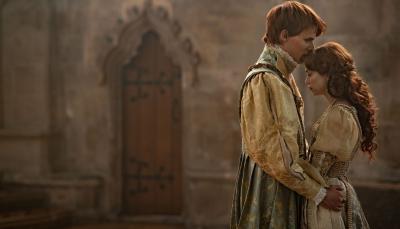'The Spanish Princess': Why the Story of Catherine of Aragon at Flodden Matters
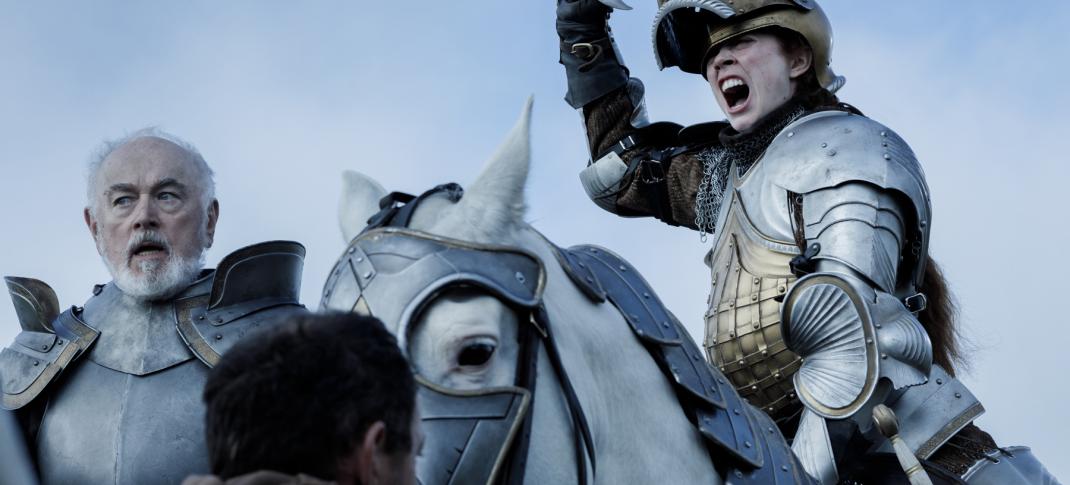
© 2019 Starz Entertainment, LLC
The second episode of The Spanish Princess Season 2 showed viewers a little known but truly impressive aspect of Catherine of Aragon's reign: The moment she commanded an army.
With King Henry VIII off to fight the French, his wife Catherine is officially left as Regent of England. It is, according to all accounts, a role she apparently greatly enjoyed and was quite good at. But while Henry is away, King James IV of Scotland takes the opportunity to invade England's northern border, despite the fact that he had married English princess Margaret Tudor a decade earlier in the hopes of making lasting peace between the two nations. And so it is Catherine who must ride north to meet him.
In The Spanish Princess' version of these events, a heavily pregnant Catherine dons armor that's been specially made to accommodate her childbearing figure and literally rides onto the battlefield to inspire and encourage her men. In real life, that didn't happen, but it is true that the queen played a substantial and key role in the defeat of the Scottish army at the Battle of Flodden.
She was deeply involved in the strategy sessions, military logistics, and supply management of the entire Scots campaign. She really did travel north herself, really did don armor (though, sadly, probably not the special pregnancy kind), and, according to reports, she gave a "splendid oration" to the men in "imitation of her mother Isabella," a woman well known as a warrior queen.
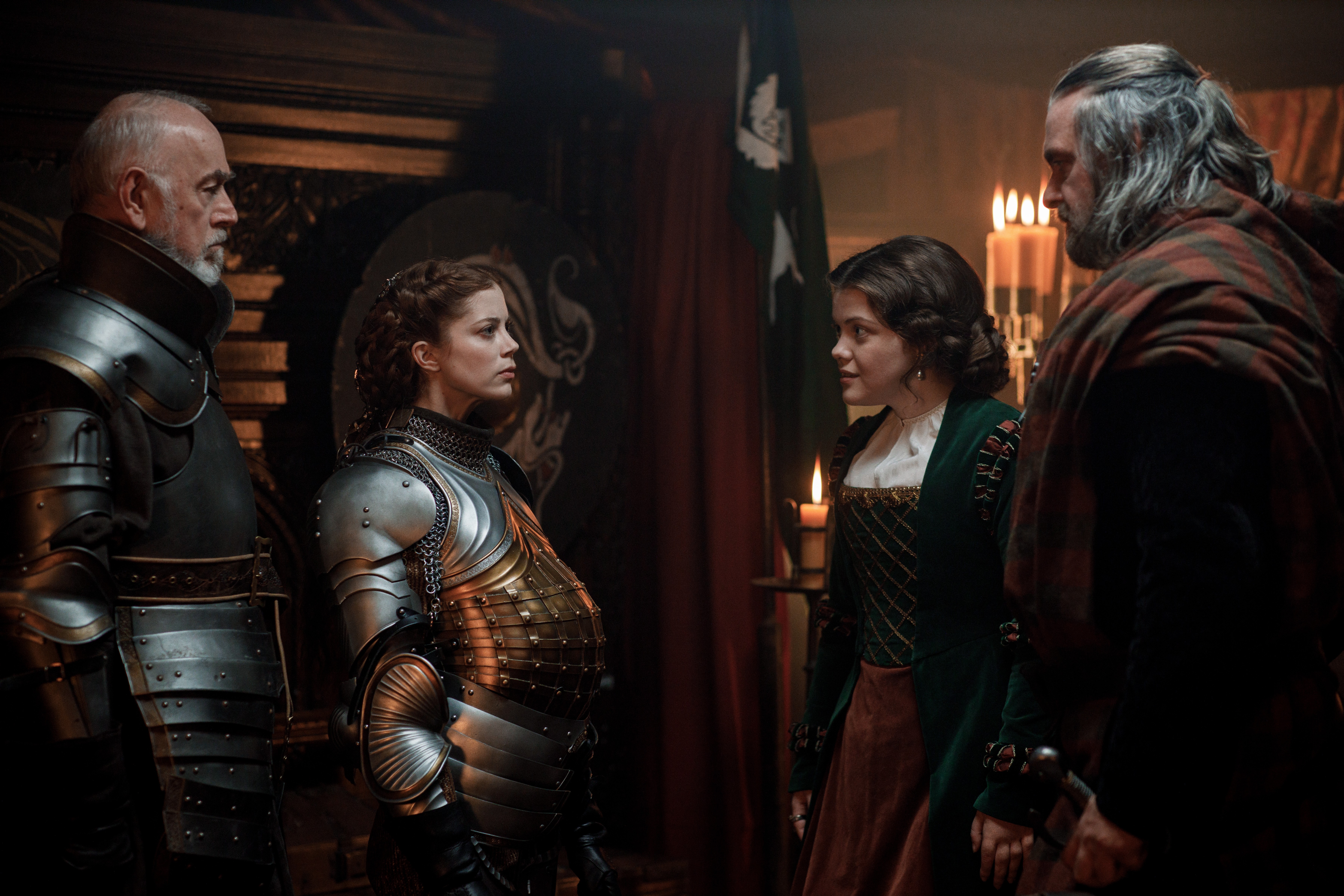
From a narrative perspective, her role at Flodden is one of Catherine's most triumphant moments, and it's unfortunate that it's a part of her life that is so frequently overshadowed by what came afterward: Her failure to have a son, her desperate fight to keep her crown and protect her surviving daughter, her final days in Kimbolton Castle. It's easy to look at Catherine and see only the woman that pop culture now remembers - a dull, frumpy religious fanatic passed over for the more transgressive and exciting Anne Boylen.
But that wasn't all she was, it isn't how she should be remembered - and it's not why her story mattered, then or now. (And I say that as someone who loves Anne more than most.)
This is ultimately the reason that I'm more than okay with the show fudging the truth a bit in this moment. It's the sort of imaginative thinking that showrunner Emma Frost's series of Tudor dramas has always indulged in - remember when The White Princess made Lizzie directly responsible for the beheading of a supposed imposter that she knew was probably her own brother?
The Spanish Princess is particularly skilled at using these technically untrue moments to illuminate and illustrate larger themes. (The moment at the end of last season when we realize that Henry probably slept with Catherine's sister, Catherine probably knows it, and can't dare say anything because he probably knows about Arthur too springs to mind.)
Yes, The Spanish Princess does occasionally play a bit fast and loose with historical facts. It does it in this very episode - exaggerating Catherine's role on the field at Flodden to underscore the queen's fierce heart, gender-defying bravery, and utter dedication to England's cause. Does it matter that it didn't quite go down that way in real life? Maybe, if you're watching a documentary. But this is a drama which is ultimately meant to tell a story with a purpose -- and that purpose is justice for a woman to whom history has paid far too little of it.
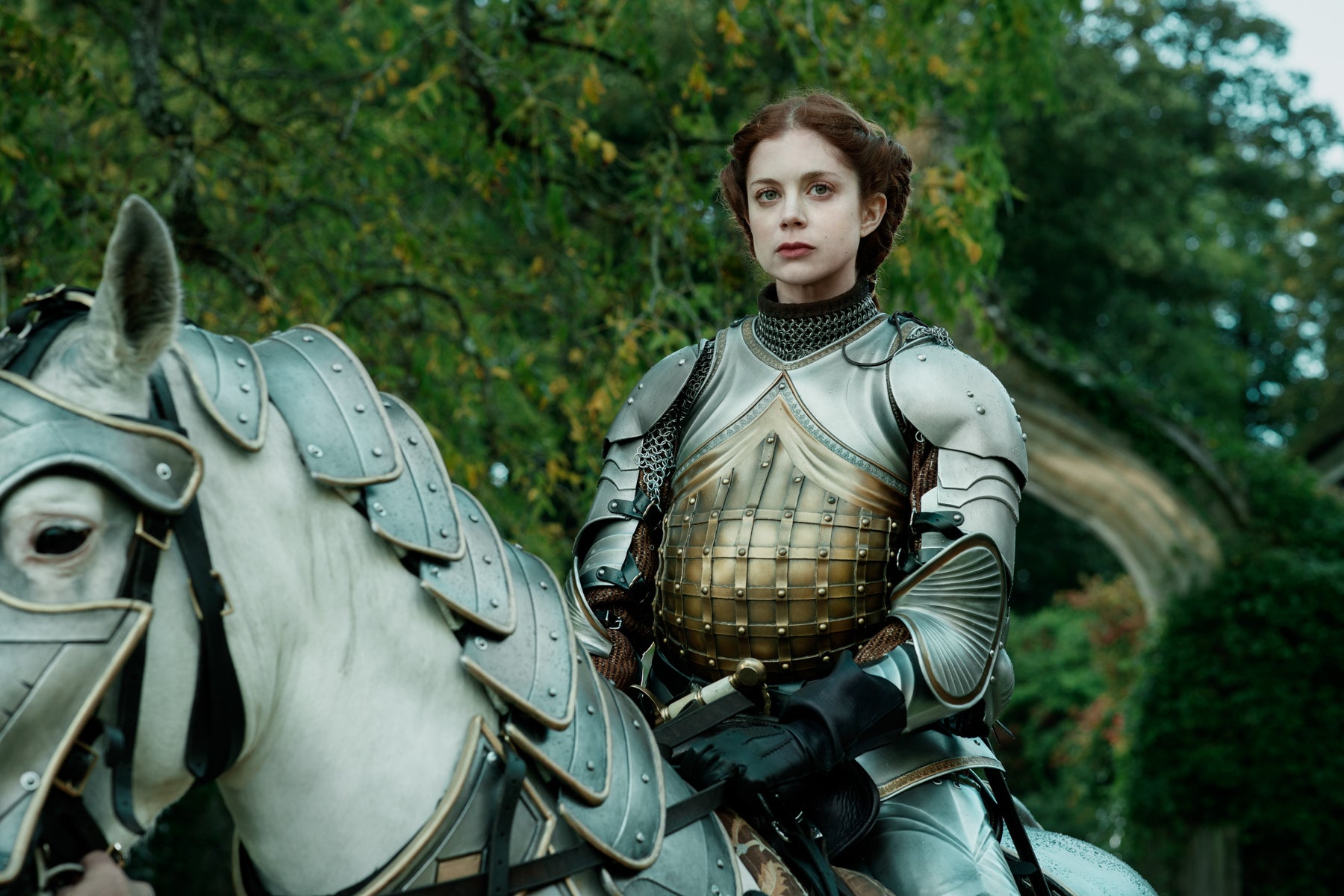
The real-life Catherine was incredibly intelligent, fierce, brave, and loyal. She was known for her skill as a strategist and a diplomat, and was raised in a court where her parents were seen - and treated each other - as equals. For the early years of her marriage to Henry, their relationship appears to have been structured in much the same way, and it's impossible to wonder what the world might have been like had she succeeded in giving England the heir it needed. What sort of egalitarian, forward-thinking feminist world might she have helped create?
History being what it is, unfortunately, that didn't happen, and maybe that's the real tragedy of it all. But Catherine was still a trailblazer in her own way for the women that came after her.
In England, her time as Regent is something fairly unprecedented, as was the fact that she rode out in command of an army of her own. That her daughter, Mary, as well as her daughter's half-sister, Elizabeth, would one day do the same - claiming power and command for themselves in the process - is possible in large part only because Catherine did it first.
The sixteenth-century didn't have a phrase that's necessarily equivalent to "breaking the glass" ceiling - but isn't that pretty much what this was? And doesn't Catherine deserve to be celebrated for it - even with everything that came afterward?
Have you been watching The Spanish Princess? Leave your thoughts on Season 2 in the comments.


